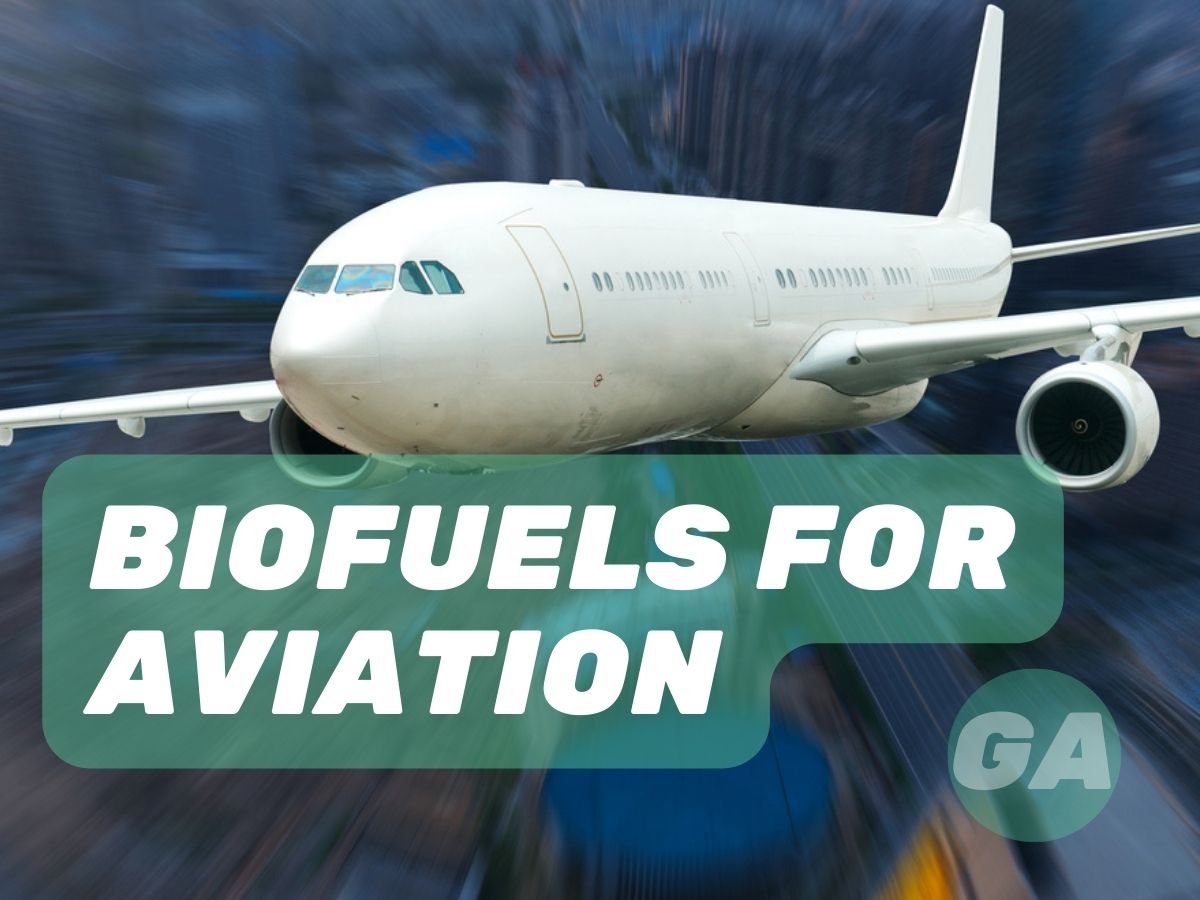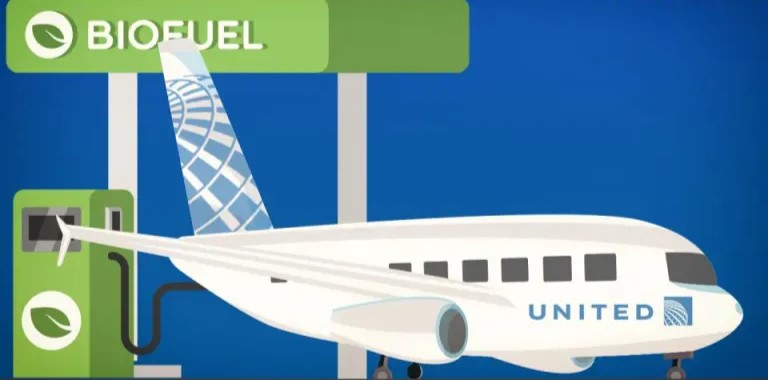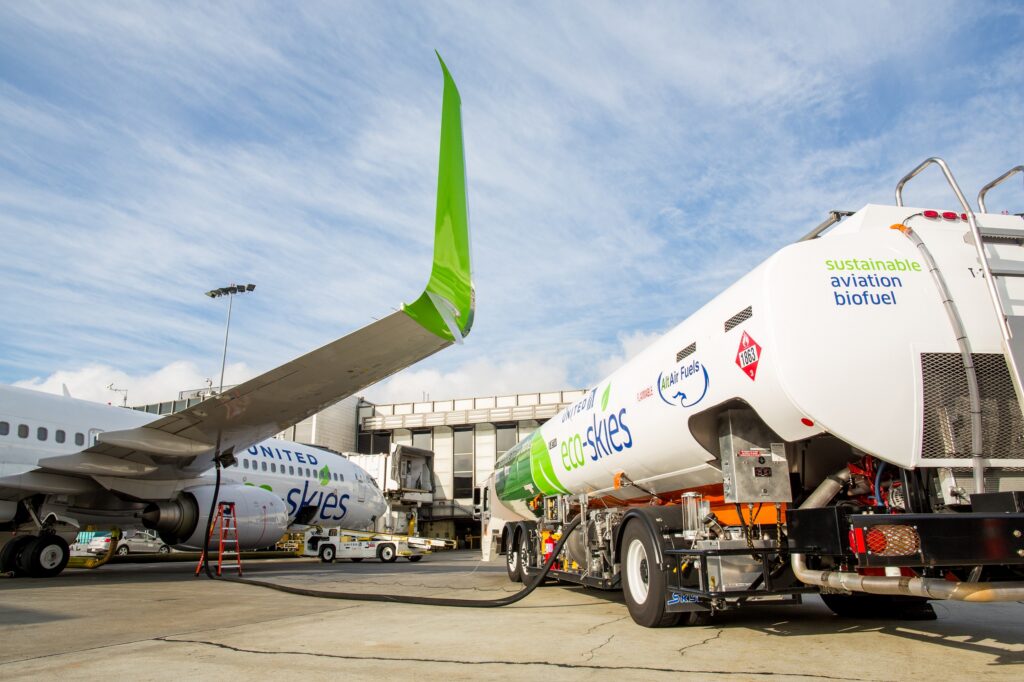
Airlines and Biofuels: Initiatives and Challenges
Introduction:
The aviation industry plays a significant role in contributing to carbon emissions and environmental impact. As concerns about climate change and sustainability grow, airlines are increasingly looking for alternative fuel options to reduce their carbon footprint. One such option is biofuels, which are derived from renewable sources. This article explores the initiatives and challenges faced by airlines in adopting biofuels, highlighting their potential benefits and impact on the environment and airline operations.
Historical Background:
Biofuels have been in the spotlight of the aviation industry for several years. The initial initiatives and research on biofuels by airlines and industry stakeholders paved the way for advancements in sustainable aviation fuel (SAF). Over time, several key milestones have been achieved, including successful test flights using biofuels and the establishment of dedicated supply chains.
Key Concepts and Definitions:
Biofuels encompass various types, including biodiesel, bioethanol, and renewable jet fuel. Sustainable aviation fuel (SAF) refers to biofuels that meet specific criteria, such as reduced lifecycle carbon emissions and minimal impact on food production. To be considered as sustainable alternatives, biofuels need to adhere to stringent standards and ensure a balance between environmental, social, and economic factors.
Main Discussion Points:
Benefits of Biofuels for Airlines:
Biofuels offer numerous benefits for airlines. Firstly, they significantly reduce carbon emissions and environmental impact, as they have lower lifecycle greenhouse gas emissions compared to conventional fossil fuels. Secondly, by utilizing biofuels, airlines can enhance energy security and reduce their reliance on traditional fossil fuels, reducing their vulnerability to price volatility and supply disruptions. Lastly, biofuels have the potential to deliver cost savings and improve fuel efficiency, benefiting airline operations and profitability.

Current Initiatives and Adoption of Biofuels by Airlines:
Several airlines have taken proactive steps towards adopting biofuels. For example, Alaska Airlines, United Airlines, and Cathay Pacific have successfully conducted commercial flights using biofuels. These airlines have formed partnerships with fuel suppliers and governments to promote biofuel adoption and establish a sustainable supply chain. These initiatives demonstrate the commitment of airlines in integrating biofuels into their operations.
Challenges in Implementing Biofuels in the Aviation Industry:
Despite the advantages, there are challenges in implementing biofuels in the aviation industry. One significant challenge is the technical and operational aspects of producing and distributing biofuels at scale. Scaling up production and establishing efficient supply chains require substantial investments and infrastructure development. Additionally, economic viability and cost competitiveness pose challenges, as biofuels currently have higher production costs compared to conventional jet fuels. Regulatory and policy barriers also hinder wider adoption, as the aviation industry requires global regulations and supportive policies to facilitate the use of biofuels.
Case Studies or Examples:
Real-world examples of airlines successfully implementing biofuels serve as inspiration for further adoption. For instance, KLM Royal Dutch Airlines has committed to using biofuels on regular flights between Amsterdam and Oslo, resulting in a significant reduction in carbon emissions. These case studies provide valuable insights into the feasibility and benefits of biofuel adoption and help shape future strategies.
Current Trends or Developments:
Recent trends in biofuel production, availability, and pricing play a crucial role in shaping the aviation industry’s approach to biofuels. Research and development efforts are focused on improving biofuel production processes and exploring alternative feedstock options. Advanced biofuels and synthetic fuels are gaining attention, as they offer increased energy density and compatibility with existing aircraft engines.

Challenges or Controversies:
The effectiveness and sustainability of biofuels in aviation have sparked debates and controversies. Concerns related to land use and feedstock sourcing have raised questions about potential impacts on food security and biodiversity. It is important to address these concerns and work towards sustainable practices to ensure that biofuel adoption does not have unintended consequences.
Future Outlook:
The future of biofuels in the aviation industry looks promising, with advancements and innovations in biofuel technologies and production methods on the horizon. Continued research and development efforts are expected to improve the efficiency and cost-effectiveness of biofuel production. Government policies and regulations will also play a crucial role in shaping the future of biofuels, providing the necessary framework and incentives for widespread adoption.
Conclusion:
Airlines’ initiatives and challenges in adopting biofuels have far-reaching implications for the aviation industry and the environment. Biofuels offer significant benefits in terms of reducing carbon emissions, enhancing energy security, and improving fuel efficiency. However, challenges such as production scalability, cost competitiveness, and regulatory barriers need to be addressed. The potential of biofuels to transform the aviation industry towards a more sustainable future cannot be underestimated.
References:
Smith, B., & Williams, R. (2019). Sustainable jet fuel: A review of current and future potential. Renewable and Sustainable Energy Reviews, 101, 265-273.
Boeing. (2018). Sustainable Aviation Fuels: A Boeing Perspective. Retrieved from [URL]
IATA. (2020). Sustainable Aviation Fuel. Retrieved from [URL]





